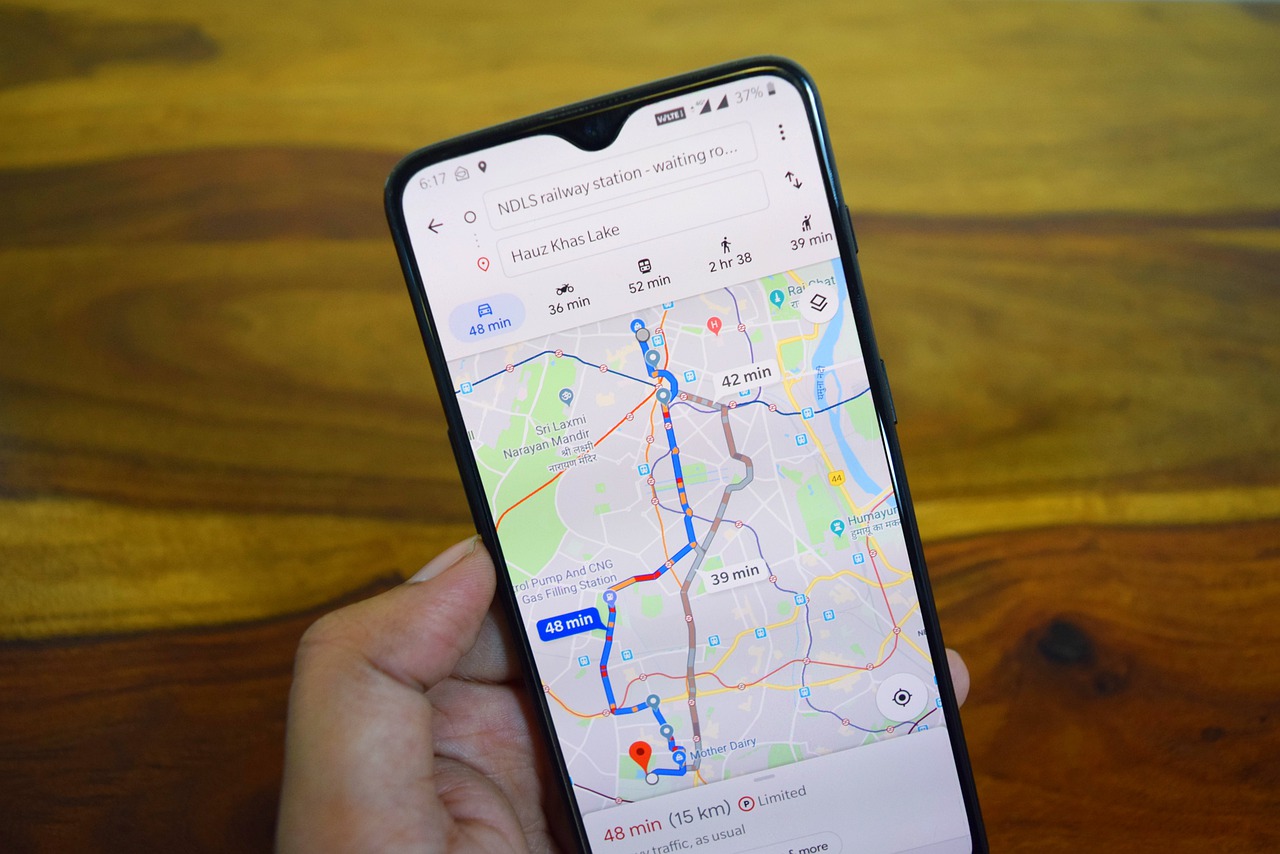Analyzing Mobile App Development Post First-Wave COVID-19
Just as pandemic restrictions began lifting around the country, many states have resumed early efforts to slow the virus during its second wave. However, as we revert back to early prevention efforts, it’s important to think about how the first wave of the coronavirus impacted different industries. And many tech enthusiasts are considering the conditions of the mobile app development industry post first-wave COVID-19.
Despite the outbreak of the Coronavirus and precautionary safety measures worldwide, many application sectors have experienced a significant increase in overall usage and downloads. Some studies even suggest that users spend upwards of 20% in the first quarter of 2020, compared to the same period in 2019. Throughout the same period, consumers spent in excess of $20 Billion dollars in popular iOS and Android app stores. Read on to learn about major predictions for analyzing mobile app development post COVID-19.

Decrease In Specific Industry Market
Analyzing mobile app development post COVID-19, there will be a significant decrease in specific mobile application sectors. Even despite pandemic conditions, overall app usage has been on the rise. Despite these current conditions, several sectors have experienced a sharp decline in downloads and in-app purchases. Some of the main sectors experiencing a contraction are hospitality and travel apps. Apps that were once incredibly popular for booking flights, hotels, cruises, or coordinating travel arrangements have experienced a significant decline. While these sectors are experiencing a decrease in overall usage, many experts predict they will make a rapid comeback following the return to normal life.
Greater Utilization Of Helm Container Resources
Helm container resources are experiencing a significant growth in usage following the Coronavirus. Helm uses a sophisticated packaging format called charts. A Helm chart is an important packaging resource and an essential development tool to accelerate performance, agility, flexibility, and security. A chart is a collection of files commonly used to describe a related set of Kubernetes resources. These charts are commonly used to deploy simple components. At the same time, they can also be used to deploy complex components like databases, HTTP servers, caches, and full web app stacks. When properly integrated, these containerized tools provide a simple way for you to distribute applications. Simultaneously, they offer an extremely convenient way for end users to install those applications on their mobile devices.
Growth Of Cloud-Based Conferencing Tools
Considering the conditions of the mobile application development following the Coronavirus, many experts predict continuous growth and demand for cloud-based conferencing tools. As the virus reached its peak, many companies implemented work from home procedures and universities adapted online learning models. To support these online models, there has been an explosion in demand for cloud conferencing, communication, and learning tools. For businesses, these tools serve as a key way to embrace a secure remote team. Many popular conferencing app services have already upgraded their resources, tools, and functionality to support users during pandemic conditions. Even after pandemic restrictions are uplifted, we can expect to see both businesses and higher education institutions making more common use of these digital tools.
Expansion Of Different Mobile Application Sectors
Analyzing the conditions of the mobile application development market post COVID, we can expect to see a significant expansion in specific sectors. As mentioned previously, industries like travel and hospitality have experienced a sharp decline in overall usage. However, this market contraction has been coupled with a significant expansion in many application industries. One of the largest industries experiencing growth is the market for healthcare applications. As many doctors prioritize Coronavirus treatment and research, other patients have found it incredibly difficult to meet with their doctors. These challenges have sparked rapid demand in the market for medicine and digital health apps. Through medical apps, doctors can offer virtual consultations, check on their patients, conduct basic tests, and recommend prescriptions. At the same time, patients can even use these applications to purchase medicine and medical kits directly from their mobile device.
Increased Demand For Apps Providing On-Demand Services
Applications delivering on-demand services are one of the largest industries experiencing changes due to the Coronavirus. The pandemic has shown many app users how accessible on-demand, contactless services truly can be. This has fueled demand for delivery of groceries, food, alcohol, medicine, and other retail products. Businesses that provide these services offer swift service, contactless payments, and delivery. With these quick, safe services, app users trust these programs to assist them in these troubling times. Analyzing the mobile application development market post COVID-19, we will likely see an expansion in apps offering on-demand and delivery services.
There are several expert predictions for analyzing mobile app development post COVID-19. First, there will be a significant decrease in specific mobile application sectors. Helm container resources are experiencing a significant growth in usage during and following the outbreak of the Coronavirus. At the same time, many experts predict continuous growth and demand for cloud-based conferencing tools. Moreover, we can expect to see a significant expansion in specific sectors. Furthermore, mobile apps delivering on-demand services are one of the largest industries experiencing pandemic-related changes. Consider the points mentioned above to learn about major predictions for analyzing mobile app development post COVID-19.



